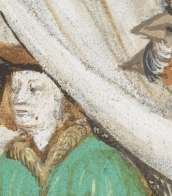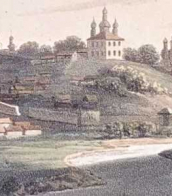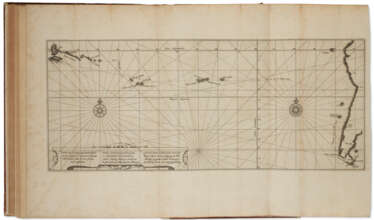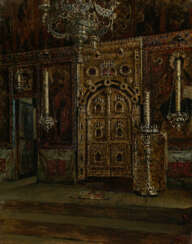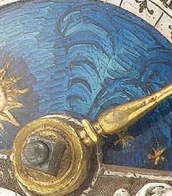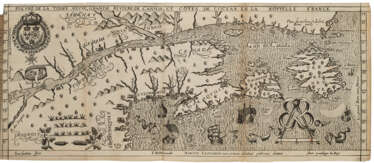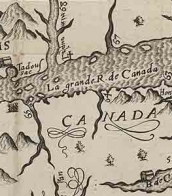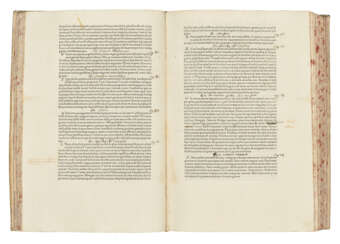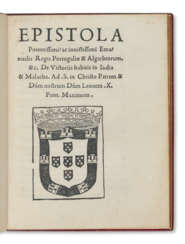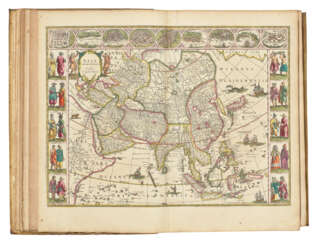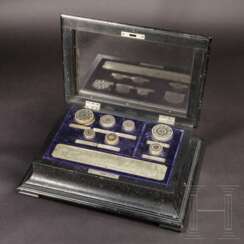monopoly
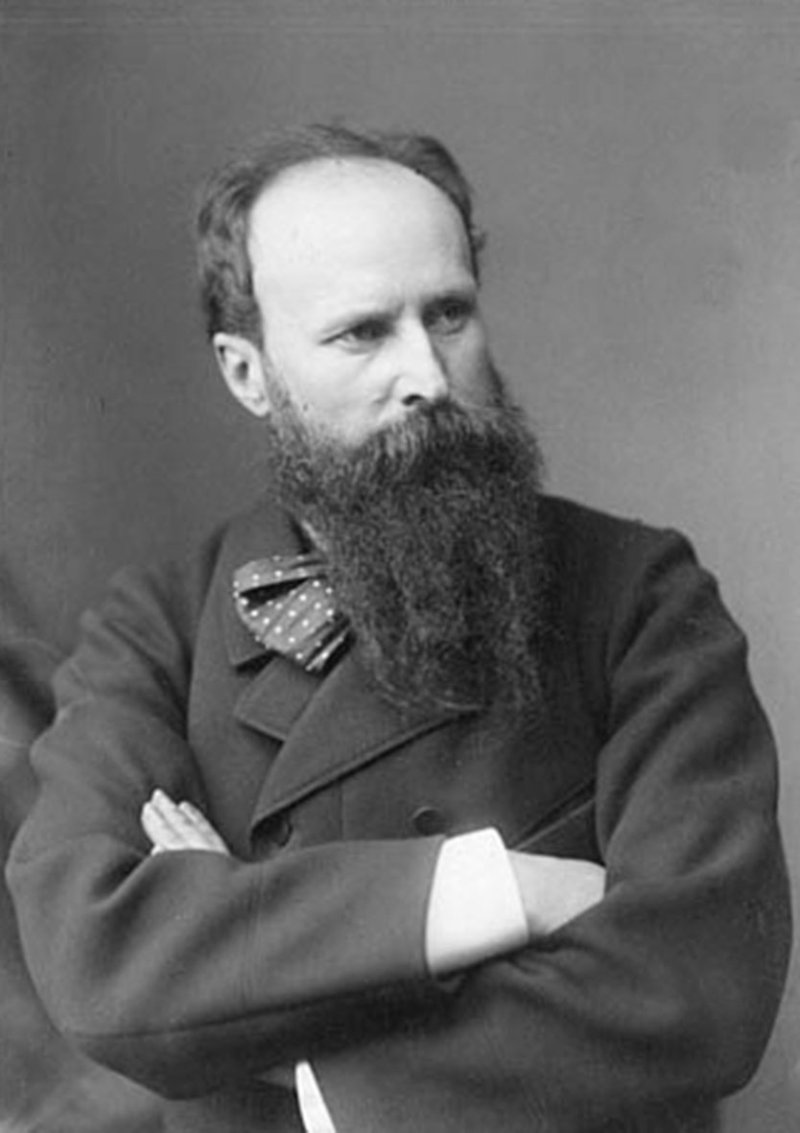
Vasily Vasilievich Vereshchagin (Russian: Васи́лий Васи́льевич Вереща́гин) was a Russian painter, known for his poignant and realistic depictions of war. He was born in 1842 in Cherepovets, Russia, and is celebrated for his dramatic and often controversial paintings that depicted the brutal realities of warfare.
Vereshchagin’s work stands out for its unflinching portrayal of the human cost of conflict. Unlike many of his contemporaries, he focused on the devastating consequences of war rather than glorifying it. His series of paintings from the Russo-Turkish War and his iconic piece, "The Apotheosis of War," are housed in prestigious institutions like the Tretyakov Gallery in Moscow and the Russian Museum in Saint Petersburg.
Collectors and art experts value Vereshchagin’s works for their historical significance and emotional depth. His paintings not only serve as powerful artistic statements but also as historical documents that provide insight into the wars of his time. For those interested in acquiring or learning more about Vereshchagin’s works, subscribing to updates about upcoming sales and auction events can be incredibly valuable.
Sign up to receive updates on new product sales and auction events related to Vasily Vasilievich Vereshchagin.
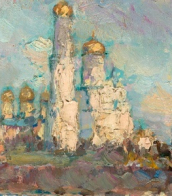
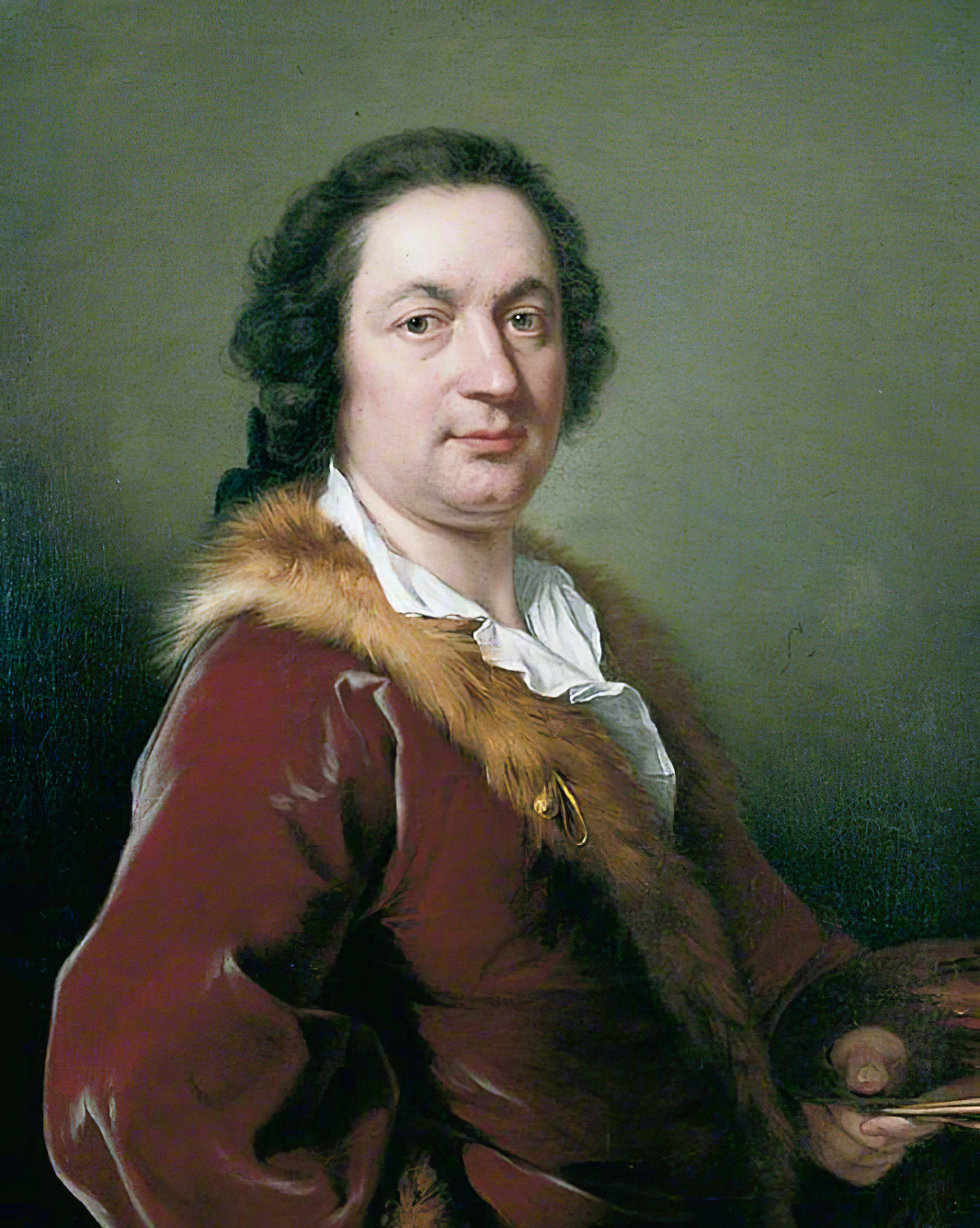
Andrea Soldi was an Italian portraitist active in Britain.

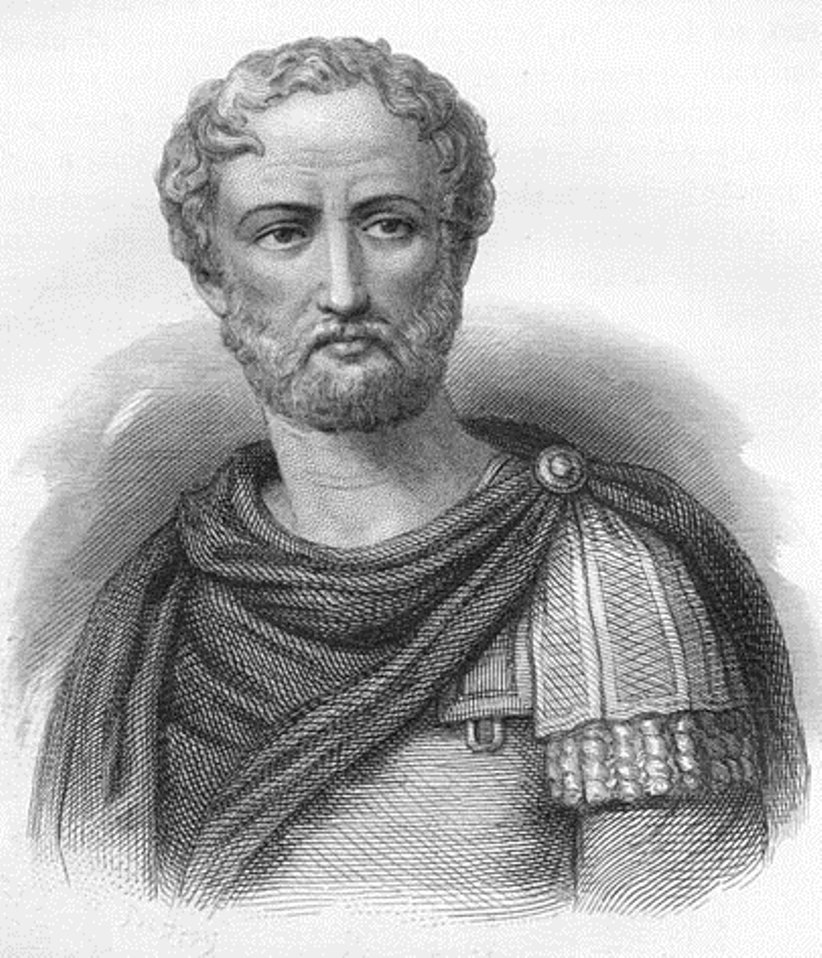
Gaius Pliny Secundus (Latin: Gaius Plinius Secundus), known as Pliny the Elder, was an ancient Roman polymath, writer and statesman.
Pliny came from a wealthy family and was educated in Rome. In military service in Germany, he rose to the rank of cavalry commander, and then returned to Rome and was appointed governor of the province. In addition to public affairs, Pliny was engaged in the study of nature, wrote various scientific works.
His book Natural History has reached our time. This is an encyclopedic work, which became an authority in Europe in scientific matters until the Middle Ages. Natural History has historical significance as one of the greatest literary monuments of classical antiquity. It is still of value to those who wish to gain an insight into first-century Rome from a primary source.
In the year 79 Pliny was appointed by Vispasian to command a fleet in the Bay of Naples, and found himself near Vesuvius at the time of its eruption. He went ashore, where he died as a result of the natural disaster.
